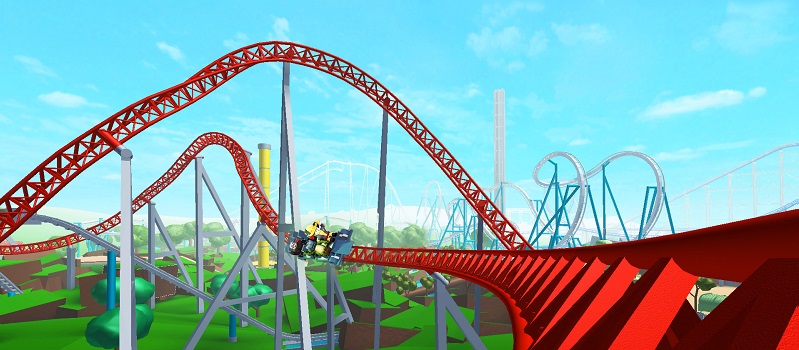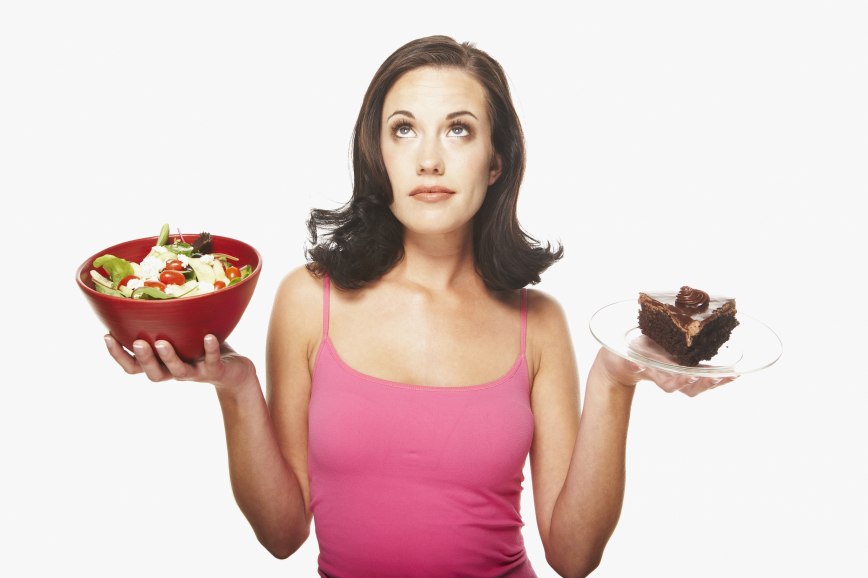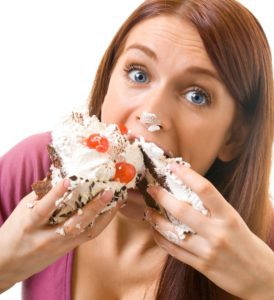ATTENTION: Want to know how to stop binge eating and lose weight?
“Is The Binge Eating Roller Coaster Ride You Fear A Frantic Feeling Spiralling Out Of Self-Control“

Dear Friend,
It’s true, all of us eat too much from time to time…
The difference is overeating while feeling out of control.
Do you feel powerless to stop overeating or compulsive eating?
Do you think you may be suffering from binge eating?
For fifteen years, I struggled with mid-afternoon and evening binging.
You already know you can control yourself for a while.
Until you hit a threshold and then you can’t take it anymore…
Okay it’s not your fault, yet it is your choice.
Do you believe you are a powerless victim of foods?
If you do you are at the mercy of your binge eating habit.
Let me explain…
When you eat fat and sugar your brain releases…
The “I feel awesome” chemical dopamine.
Yes, even if you drink alcohol or see new things to buy.
Dopamine released during binges can become addictive.
And you’ll binge more and more often.
All because you crave the rush of dopamine.
Want to break free from the binge eating feel good cycle…
Simply feel better with a healthier relationship about food.
And the end result is to feel good about yourself again.
Is more self-control or self-discipline the answer?
Think it will help you stop binging and emotional eating?
You see, self-control or self-discipline relies on willpower.
To be brutally honest, the odds are totally stacked against you.
Yes, I’ve been down this never ending path too.
From personal struggles and experiences I can tell you…
Binge eating is not about more discipline or self-control.
It’s confusing and frustrating, yet it doesn’t have to be.
In fact, it’s the exact reason why I became a weight loss coach.
Yes, because as a fearful child, I carried trauma from my youth.
I believed eating food would in some way comfort and protect me.
Your internal thoughts creates your external world…
What your unconscious mind believes is forming your reality.
No, I didn’t want to choose binge eating!
I needed binge eating to help me cope with pain and fear.
My unconscious programming was full of fear and anxiety.
I had no way of coping with “how can I control eating too much”
And “how can I stop feeling hungry” to understand or overcome it.
For some reason, it started as a child from stress and comfort eating.
A response to emotional trauma can include:
- Low self-esteem
- Persistent fatigue
- Hard to sleep, nightmares
- Fear of recurrences
- Anxiety focused flashbacks
- Depression, loss of interest
- Sadness, lack of motivation
- Avoidance of emotions
- Sensations or activities linked to trauma
Are you concerned about what overeating could cause…
To impact on your life, family, relationship, career and finances.
I’d eat to medicate myself as a child to drown out the feelings.
And it progressed to overeating to medicate myself as a teen.
I remember being self-conscious about beauty and body image.
And self-esteem: society’s influence on the perception of beauty
Click or tap play button to see video below…

Binging is a survival mechanism to hide and run away from deep feelings.
Excessive food, exercise, drugs, alcohol, sex, mask feelings we don’t like…
And anxiety is easily hidden by high fat, sugar, full belly or alcoholic drinks.
The truth is, they’re all different reactions of the same root cause.
You’ll always continue to sabotage yourself…
If you don’t address the root cause of problems.
Right now, the root cause isn’t even something you’re aware of…
The programming from childhood or traumatic experience in the past.
Emotional trauma or unconscious belief can influence habits and behaviors.
The result is wanting to constantly escape the inner pain.
And were all dealing with these daily hidden problems at some level.
No matter how awesome your childhood and youth…
You’ve probably attached meaning to an event…
Understanding impact of trauma and event that triggers emotional trauma.
Psychological trauma is a result of a severely distressing event.
Trauma is overwhelming amount of stress exceeding the ability to cope.
And it’s painful to integrate emotions involved with that experience.
Inner trauma and stressful beliefs could be crushing your progress.
The cycle of stress response drives up your hormones…
Can stress affect your hormone levels?
As the body responds to high levels of stress, it uses progesterone.
Progesterone is then used to manufacture stress hormone cortisol.
In fact, elevated levels of cortisol suppress the body’s natural sex hormones.
Acute and chronic stress can alter the body’s hormone balance…
Stress sends a message to the part of the brain called the hypothalamus.
The hypothalamus releases corticotropin-releasing hormone (CRH).
CRH tells the pituitary gland to release adrenocorticotropic hormone (ACTH)
ACTH tells the adrenal glands to produce cortisol.
Igniting emotional overeating or compulsive eating.
Is binge eating hurting your ability to really perform at your best…
Stress can cause disruption of hormones, low dopamine, high cortisol…
And increased levels of estrogen.
Does binge eating all start from emotional belief?
Want to know how to stop feelings for overeating?
And how to tame those insatiable hunger urges without struggling?
Want to stop wasting precious energy on self-destructive ways proven to fail?
Click here to find out what happens when you try to stop binge eating using self-control…
How to Stop Binge Eating and Lose Weight?
References mentioned in the video: https://www.britishpathe.com/
https://www.psychologytoday.com/us/blog/neuronarrative/201701/heres-why-your-resolutions-cant-rely-willpower-alone
John C Norcross: https://en.wikipedia.org/wiki/John_C._Norcross and http://www.scranton.edu/faculty/norcross/
 Can you lose weight eating anything you want? Yes, it is absolutely possible to lose weight and eat whatever you want.
Can you lose weight eating anything you want? Yes, it is absolutely possible to lose weight and eat whatever you want.



